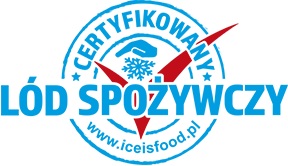The dirty truth about ice cubes
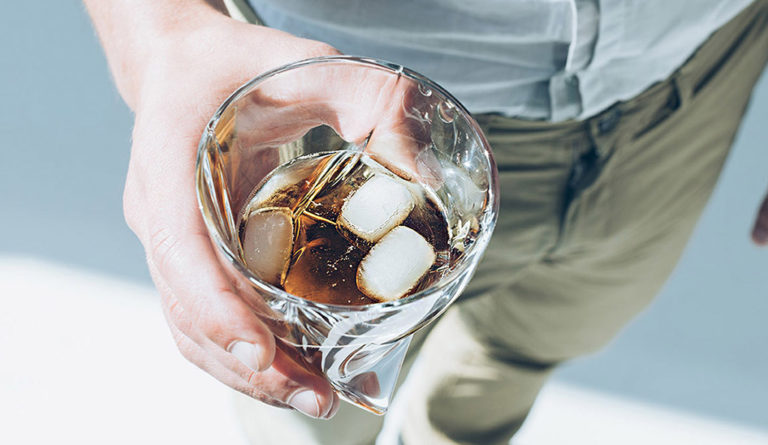
Ask yourself the question, how clean is the ice in your glass?
If you are not careful, your drink has a lot of dangerous bacteria, no matter where the ice was made, whether in a pub, restaurant, ice factory, or your own home. You may think that micro-organisms do not survive in the icy conditions of freezers, but the truth is quite different and this is backed up by years of research by scientists around the world freezing bacteria and studying their survival rates. Researchers emphasise that we cannot kill 100% of potentially dangerous bacteria found in food, such as Listeria, E. coli, Salmonella, and Noroviruses, no matter how long they remain frozen. In 2013, Norovirus found in contaminated ice cubes on a golf course in Phoenix made 80 people sick and one of them died. His death was caused by choking and not directly by the bacteria, but he would not have had any ailments if he had not consumed the contaminated ice... Bacteria, such as this one or Listeria, are resistant to sub-zero temperatures due to their robustness. If ingested, they cause fever, chills, headaches and dizziness, vomiting, and diarrhoea. In pregnant women, the elderly, and those with compromised immunity, the complaints may be more severe. Similar effects are observed for other bacteria, e.g., coliforms. They can cause very serious infections if they get into the urinary tract or, in extreme cases, cause meningitis.
Sources:
https://www.realtor.com/advice/home-improvement/dirty-truth-about-ice-cubes/
http://www.nbcnews.com/id/13775964/ns/dateline_nbc/t/dirty-ice-can-make-you-sick/#.XGfdmS16NE4
http://www.safeice.org/in-the-news.html
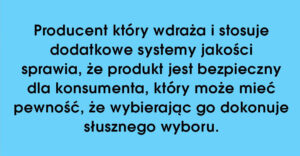
Food and Nutrition Safety Act
The Food and Nutrition Safety Act has been in force in Poland since 28 October 2006. The food law is a set of legal acts establishing rules for the production and circulation of raw materials, food, and objects coming into contact with raw materials and food to the extent necessary to protect health and meet consumer expectations.
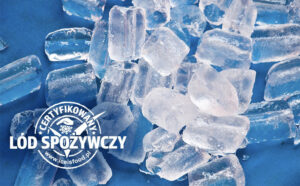
Control of food safety in Poland
It is well known, especially from reports of the Supreme Audit Office (NIK), which regularly examines various elements of the system, that the control of food safety in Poland leaves a lot to be desired. According to NIK, the main threats in the food chain are as follows: – food contamination (poor food quality),
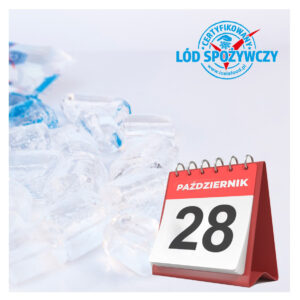
Food and Nutrition Safety Act
The Food and Nutrition Safety Act has been in force in Poland since 28 October 2006. The food law is a set of legal acts establishing rules for the production and circulation of raw materials, food, and objects coming into contact with raw materials and food to the extent necessary to protect health and meet consumer expectations.
Stowarzyszenie Producentów i Operatorów Certyfikowanego Lodu Spożywczego, (Association of producers and operators of certified food ice) KRS [National Court Register] No. 0000784552, REGON [National Official Business Register] No. 383424111, NIP [VAT] No. 7010927104 00-630 WARSZAWA, ul. POLNA 24/7
